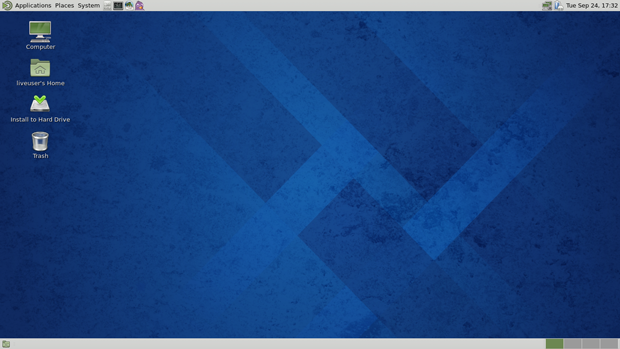 Versie 28 van de Linux-distributie Fedora is uitgekomen. Fedora is de niet-commerciële opvolger van Red Hat Linux, dat zich sinds 2003 als Red Hat Enterprise Linux op de zakelijke markt richt. Fedora wordt standaard met de Gnome-desktopomgeving geleverd, maar er zijn ook versies met bijvoorbeeld MATE, Cinnamon, KDE en Xfce beschikbaar. Het besturingssysteem is beschikbaar in de smaken Workstation, Server en Cloud. Uitgebreide releasenotes kunnen op deze pagina worden gevonden, dit is een kort stuk uit de aankondiging:
Versie 28 van de Linux-distributie Fedora is uitgekomen. Fedora is de niet-commerciële opvolger van Red Hat Linux, dat zich sinds 2003 als Red Hat Enterprise Linux op de zakelijke markt richt. Fedora wordt standaard met de Gnome-desktopomgeving geleverd, maar er zijn ook versies met bijvoorbeeld MATE, Cinnamon, KDE en Xfce beschikbaar. Het besturingssysteem is beschikbaar in de smaken Workstation, Server en Cloud. Uitgebreide releasenotes kunnen op deze pagina worden gevonden, dit is een kort stuk uit de aankondiging:
What’s new in Fedora 28?The headline feature for Fedora 28 Server is the inclusion of the new Modular repository. This lets you select between different versions of software like NodeJS or Django, so you can chose the stack you need for your software. Interested? Check out the documentation for using modules. Also of note: 64-bit ARM (Aarch64) is now a primary architecture for Fedora Server.
Fedora 28 Workstation has big news too. For the first time, we’re making it easy for users to enable certain third-party software sources, including proprietary Nvidia drivers. We’ve worked for a long time to figure out the right way to do this without compromising our ideals, and I think the opt-in approach we’re trying now does it well. Read more in the Magazine article on third-party repos, and also check out other F28 Workstation news.
Fedora Atomic Host adds one of my favorite features from my former life as a sysadmin: automatic updates. This is off by default — see the AutomaticUpdatePolicy option for rpm-ostree, and this blog post for more information. Fedora Atomic Host also includes Kubernetes 1.9 and the podman tool.
As always, there’s great new stuff across the whole distribution — read more in the release notes.


:fill(white):strip_exif()/i/2007026030.jpeg?f=thumbmedium)